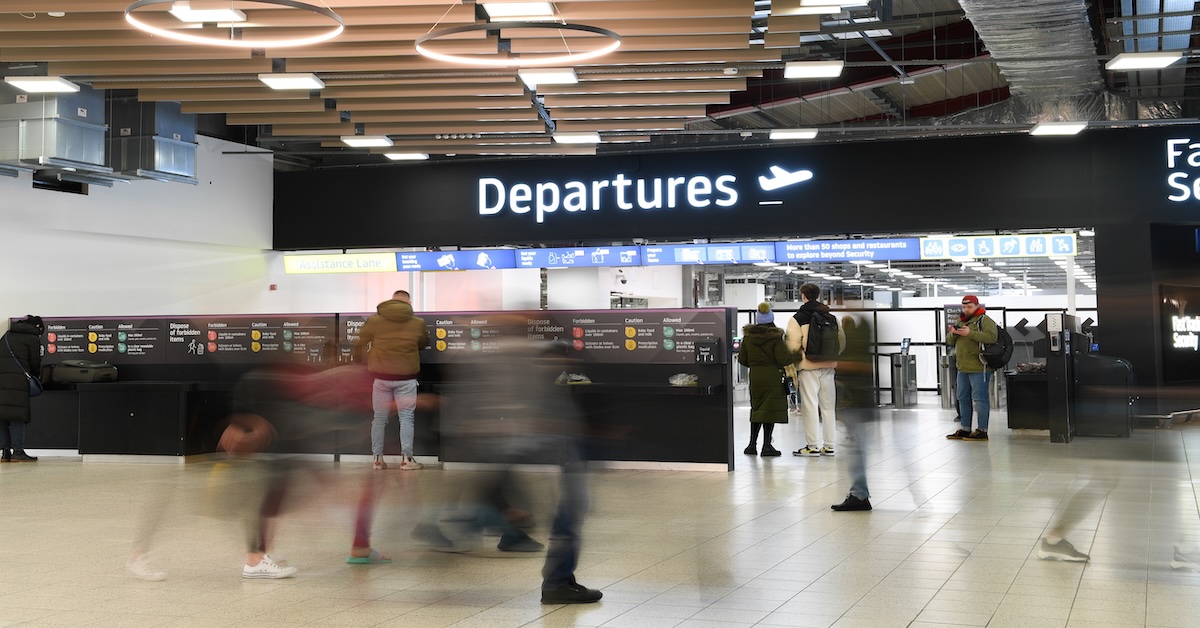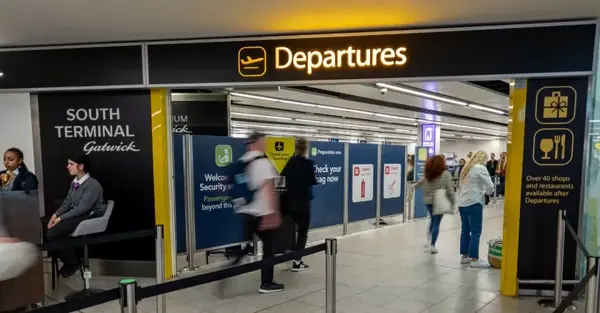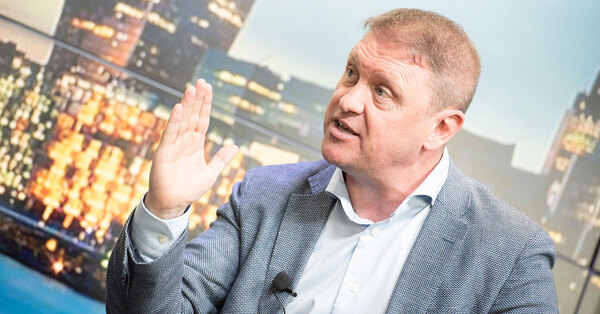You are viewing 1 of your 2 free articles
Comment: Can corporate travel take off again?
With aircraft grounded and first-class lounges empty, the Covid-19 pandemic coupled with longer-term climate change concerns appears to have irrevocably affected business travel.
Why cross international borders if you can meet on Zoom? Yet, after 18 months of lockdowns, corporate travel is once again on the rise.
A recent survey projects US business travel in the fourth quarter of this year will reach 25%-35% of 2019 Q4 levels, a significant improvement from the 10%-15% levels in the second quarter of 2021.
The announcement in mid-August that a new Covid-19 test, much faster and cheaper than PCR tests, could be introduced across airports is also encouraging.
However, with the growing Delta variant and the phenomenal rise of corporate sustainability commitments across industries, will business travel ever reach pre-pandemic levels? And if it does, what will it look like?
We don’t expect a full return to normal for business travel until 2023 or beyond, with the US returning faster and Europe and the UK returning more slowly.
With high vaccine coverage now a reality in many developed nations, we’re expecting a short-term spike in travel as people re-energise in-person relationships with customers and colleagues before they reach their ‘future normal’.
Research from business software company SAP found 96% of business travellers surveyed “willing to travel for business over the next 12 months”.
Our discussions with clients suggest just under 50% of travel managers are considering reducing their travel budgets. However, as new variants emerge, it won’t be a linear return to the new normal. Rather we expect seasonal peaks in the coming months and years depending on the severity of the pandemic.
Of course, Covid-19 is not the only factor. A record number of companies are committing to ambitious sustainability goals and many are looking to re-evaluate business travel.
At BCG we aim to cut 30% of our emissions from business travel by 2025. To achieve this, we’re trialling several initiatives including an online booking tool which shows employees their carbon footprint and the estimated emissions of each travel option, highlighting the more environmentally friendly modes of transport.
In the UK, we will innovate and transform to reduce business travel emissions by at least 50% by 2025 compared with our 2018 baseline year.
Such solutions form part of BCG’s bold commitment to reach net-zero climate impact by 2030.
But the onus doesn’t just fall on business travellers themselves. To keep demand up, many airlines are starting to innovate and find new ways to help corporates reduce emissions without cutting travel.
For example, Delta Air Lines has pledged to become carbon neutral by 2030 and launched Sustainable Aviation Fuel (SAF) partnership agreements with companies such as Nike and Deloitte to offset their business travel while building SAF demand.
The pressure from corporates on airlines for information on emissions will continue to increase as understanding the economic impact of offsetting becomes more important.
As the market for offsets becomes more expensive, the ‘all-in’ cost of corporate travel will grow, pushing companies to evaluate which trips are necessary and what is the best way to travel.
The pandemic and tackling the climate crisis mean business travel will likely experience ups and downs in the coming years.
Business travel is not dead by any means, but we know for sure it will look different in the years ahead.
It’s great to see airlines and businesses already adapting to the new needs of business travellers from an environmental as well as a health and safety perspective, with modern aircraft fitted with state-of-the-art air filters and purifiers.
A sign that business travel is here to stay is United Airlines’ decision to purchase 15 new supersonic jets from Boom Supersonic, which it expects to fly by 2029. The prospect of flying from London to New York in just over three hours on sustainable fuel may herald a new era for business travel.
Indeed, the pandemic has accelerated the much-needed wave of new thinking and innovation to make business travel truly sustainable. As the move towards decarbonisation continues, business travel can still be a key feature of the net-zero future we’re trying to achieve.


















